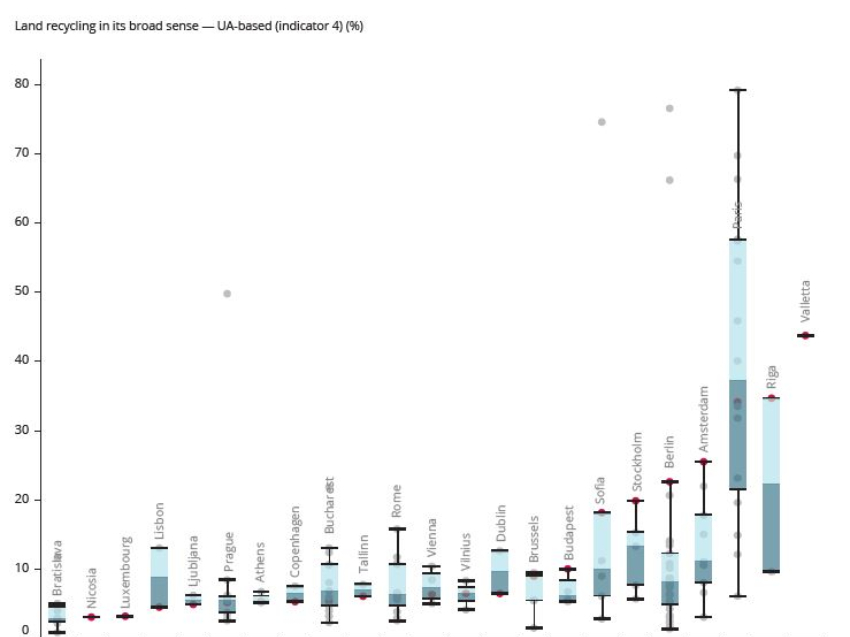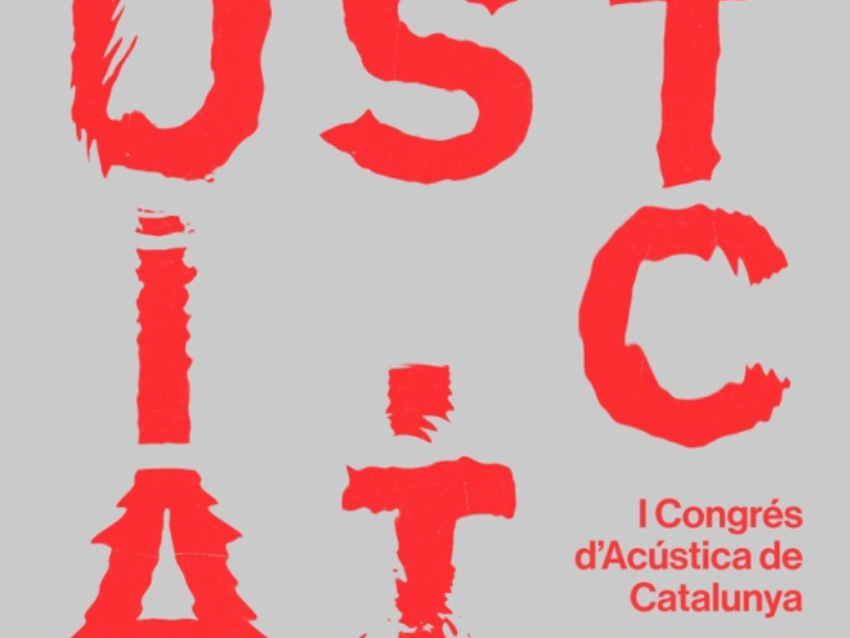Interfase UAB col·labora amb la 1a Setmana Sense Soroll. Continue reading “SSS! Setmana sense soroll, del 24 al 30 d’abril”
Category: Research Lines
Land recycling in Europe
The EEA has recently published a report entitled “Land recycling in Europe“, which presents approaches to measuring the extent and impacts of redevelopment and densification of previously developed land. Continue reading “Land recycling in Europe”
NILS project – Research stage in the Arctic to study the vulnerability of whale species and whale hunting local communities
Brief Description:
This research stage has been completed by Dra. Françoise Breton from INTERFASE research group of Geography Department and ICTA institute of the Universitat Autònoma de Barcelona (UAB), in collaboration with Dr. Svein Jentoft and MARA research group from the University of Tromsø (UiT – The Arctic University of Norway). Continue reading “NILS project – Research stage in the Arctic to study the vulnerability of whale species and whale hunting local communities”
Acusti.CAT, the first Catalan Congress on Acoustics
With more than 70 speakers, 25 entities highly involved in this topic and more than 200 experts working in the field, Acusti.CAT will be an opportunity to debate, share and understand all the topics related to environmental noise. Continue reading “Acusti.CAT, the first Catalan Congress on Acoustics”
Pilot project in the Adriatic on testing the candidate common indicator ‘Land use change’ in the Mediterranean within the EcAp framework/EcAp-MED project
Brief Description:
In the overall framework of an EU funded project on the “Implementation of the Ecosystem Approach in the Mediterranean by the Contracting parties in the context of the Barcelona Convention for the Protection of the Marine Environment and the coastal region of the Mediterranean and its Protocols” (EcAp-MED project 2012-15), the Pilot project in the Adriatic aims, following up on the CORMON outcomes, to test the applicability of the land-use change candidate common indicator, though a sub-regional pilot.
Noise activities
Interfase-UAB, inside the ETC/ACM consortium, is responsible for the provision of support to EEA, the Member States and the EEA member countries on the environmental noise field: mainly supporting the collection and quality checking of noise data, assessing it and disseminating the main figures at European and country level.
The Environmental Noise Directive (END) entered into force in 2002, and based on the information compiled since that date, the first noise assessment report at EU level was developed and published together with the EEA, in December 2014. Continue reading “Noise activities”
New contract between EEA and ETC/ACM Consortium
The European Topic Centre on Air Pollution and Climate Change Mitigation (ETC/ACM) and the European Environment Agency (EEA) negotiated the third yearly contract to start in January 2016.
The SGR-Interfase team leads the tasks related to environmental noise in the ETC/ACM Consortium.
The main tasks to be accomplished in 2016 are focused on the management and quality check and quality control of the noise data delivered by the EEA Member States in compliance with the information required by the Environmental Noise Directive (END) and its publication in a new noise viewer that will be available at the end of the year.
The second main focus of the work being developed by the SGR-Interfase team is the assessment at European level of all the available information related to environmental noise, in order to evaluate the state-of-the-art at European level and assess potential improvements from the current situaion to the upcoming future. This part is mainly going to be achieved by the update of the yearly indicators on environmental noise at EEA level and the assessment reports developed every two years on this topic by the EEA, which includes other aspects such as noise management, noise action plans or health impact assessment due to noise exposure.
New topics that are going to be addressed in 2016 are focused on estimating the population living outside the areas covered by the END that could be potentially exposed to high levels of noise and also on methodologies to forecast noise exposure by 2020, 2030 or 2050.
Copernicus Land: improving the road network within Functional Urban Areas
The European Copernicus programme, previously known as Global Monitoring for Environment and Security (GMES) is an EU-wide programme that aims to support policymakers, business, and citizens with improved environmental information. Copernicus integrates satellite and in-situ data with modeling to provide user-focused information services.
UAB is leading the Copernicus task EEA/IDM/15/010 under the ETC-ULS consortium including partners from Luxembourg (Space4Environment) and Hungary (FÖMI).
The aim and name of the task is to “Assess the completeness, up to datedness and accessibility to existing road network databases within a selection of Functional Urban Areas of Urban Atlas 2012.” Continue reading “Copernicus Land: improving the road network within Functional Urban Areas”



